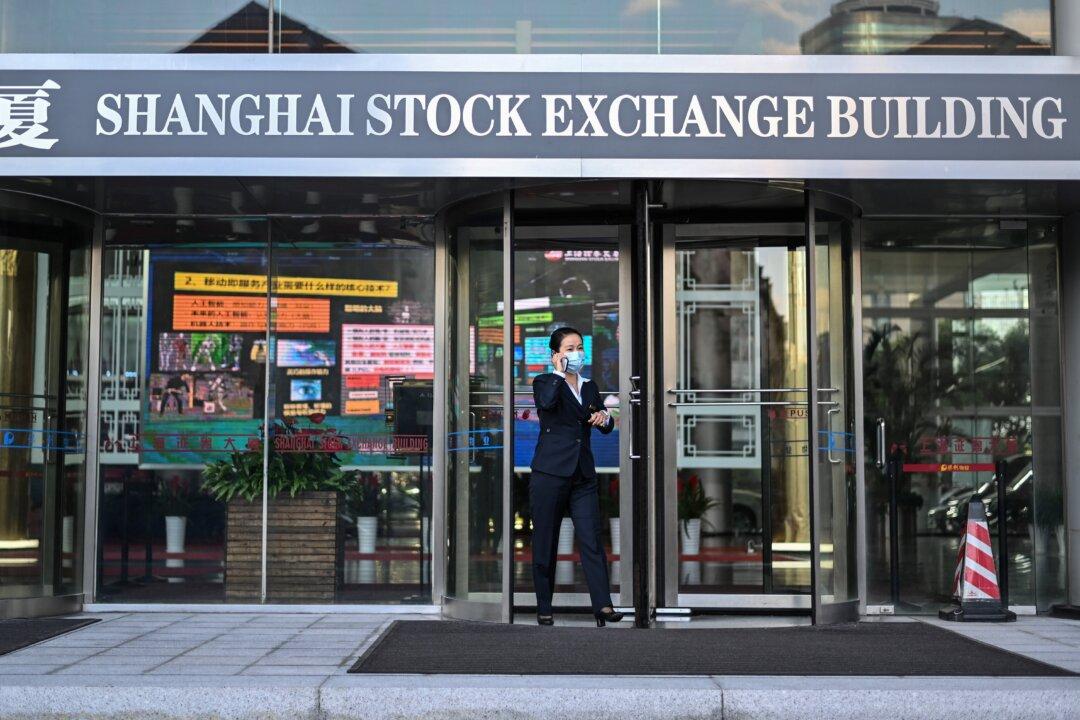New Analysis
U.S. stocks have made 10 times more gains in the past decade than China’s domestic stocks. In preventing further capital outflow, Beijing banned new investors in mainland China from speculating in foreign exchange markets. Experts suggest the regime seeks more control over how its residents invest their money.






